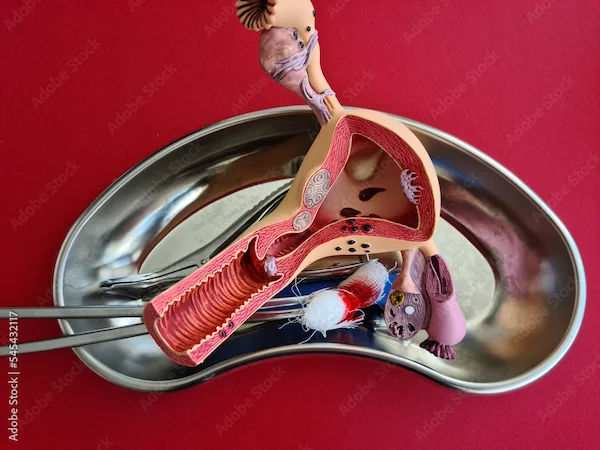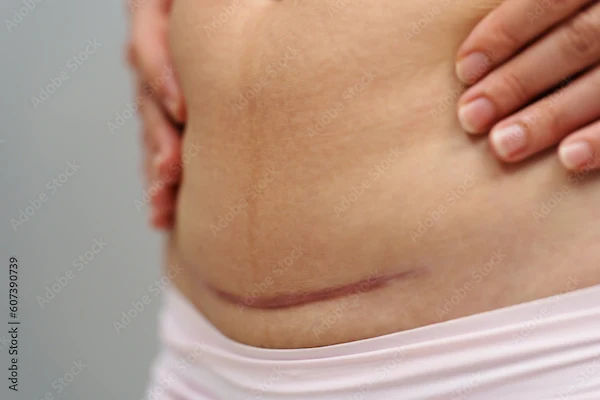When Can I Start Cooking After Hysterectomy?
Wondering when you can start cooking after a hysterectomy? Learn the safe timeline, precautions, and tips to ease back into kitchen activities during your recovery.

Written by Dr.Sonia Bhatt
Last updated on 3rd Jul, 2025

Introduction
Undergoing a hysterectomy (surgery to remove the uterus) is a significant event, and recovery requires patience and care. One common concern many women have is about returning to daily activities, especially cooking. Since cooking involves standing, lifting, and bending, it’s important to know when it’s safe to resume without risking complications. In this article, we’ll discuss when you can safely start cooking after a hysterectomy, precautions to take while cooking, tips for a smooth recovery and when to seek medical advice.
Understanding Hysterectomy Recovery
A hysterectomy is a major surgery, and recovery time varies depending on the type of procedure:
1. Abdominal Hysterectomy: Involves an incision in the abdomen (longest recovery time, usually 6-8 weeks).
2. Vaginal Hysterectomy: No external incision, faster recovery (4-6 weeks).
3. Laparoscopic/Robotic Hysterectomy: Minimally invasive, quicker recovery (2-4 weeks).
Your doctor will provide personalised guidelines, but generally, light activities can be resumed gradually.
Consult Top Specialists for Personalised Tips
When Can You Start Cooking After Hysterectomy?
Understanding the right time to resume cooking can help support a smooth and stress-free recovery.
1. First 1-2 Weeks: Rest and Avoid Cooking
Avoid standing for long periods: Your body needs rest, and standing for too long can strain your healing tissues.
No heavy lifting: Avoid lifting pots, pans, or groceries (anything over 5-10 lbs).
Bending and twisting: These movements can put pressure on your stitches.
Alternative Options:
Ask family members or friends to help with meals.
Use meal delivery services or pre-prepared meals.
Simple tasks like making a sandwich or heating food in the microwave are okay if done carefully.
2. After 2-3 Weeks: Light Cooking (With Precautions)
If you feel better and your doctor approves, you may start light cooking:
Short durations: Limit cooking to 15-20 minutes at a time.
Use a stool: Sit while chopping or stirring to avoid prolonged standing.
Avoid heavy pots: Use lightweight cookware or ask someone to help move heavy items.
No straining: Avoid tasks that require bending, reaching high shelves, or lifting.
3. After 4-6 Weeks: Gradual Return to Normal Cooking
By this time, most women can resume cooking with fewer restrictions, but:
Listen to your body: If you feel pain or discomfort, stop and rest.
Avoid sudden movements: Twisting or jerking can still cause strain.
Stay hydrated and take breaks: Standing for long periods may still be tiring.
Precautions While Cooking After Hysterectomy
Some of the precautions to take while cooking after hysterectomy are:
1. Avoid Heavy Lifting: Wait until fully healed (usually 6-8 weeks) before lifting heavy pots or grocery bags.
2. Use Kitchen Tools Wisely: Electric can openers, food processors, or pre-cut vegetables can reduce strain. Keep frequently used items at waist level to avoid bending.
3. Wear Comfortable Clothing: Loose, breathable clothes prevent irritation around the incision site.
4. Stay Hygienic: Keep your kitchen clean to avoid infections while your body is healing.
5. Take Breaks: If you feel tired or sore, sit down and rest before continuing.
Tips for a Smooth Recovery
Some of the tips for smooth recovery are:
Eat Nutritious Meals: Focus on high-protein, fibre-rich foods (lean meats, vegetables, whole grains) to aid healing.
Stay Hydrated: Drink plenty of water to prevent constipation (a common issue after surgery).
Gentle Movement: Short walks help circulation and prevent blood clots.
Avoid Constipation: Pain medications can cause constipation; include fruits, fluids, and mild laxatives if needed.
When to Seek Medical Help?
Contact your doctor if you experience:
Increased pain, swelling, or bleeding
Fever or signs of infection (redness, pus at incision site)
Difficulty urinating or severe constipation
Persistent fatigue or dizziness
Conclusion
Recovering from a hysterectomy takes time, and rushing back into cooking or other activities can delay healing. Start with light tasks and gradually increase activity based on your doctor’s advice. If you need help with meal prep, don’t hesitate to ask loved ones or use convenient meal services. If you have concerns about your recovery or need personalised advice, you can consult a specialist on Apollo 24|7 for guidance.
Consult Top Obstetrics and Gynaecology Surgeon
Consult Top Specialists for Personalised Tips

Dr. Veena H
Obstetrician and Gynaecologist
16 Years • MBBS DGO
Bangalore
Apollo 24|7 Clinic - Karnataka, Bangalore
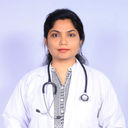
Dr. Shailaja L
Obstetrician and Gynaecologist
16 Years • MBBS, MS
Bangalore
Apollo 24|7 Clinic - Karnataka, Bangalore

Dr. Priyanka Surisetty
Obstetrician and Gynaecologist
8 Years • MBBS, DGO
Visakhapatnam
Apollo 24|7 Clinic - Andhra Pradesh, Visakhapatnam
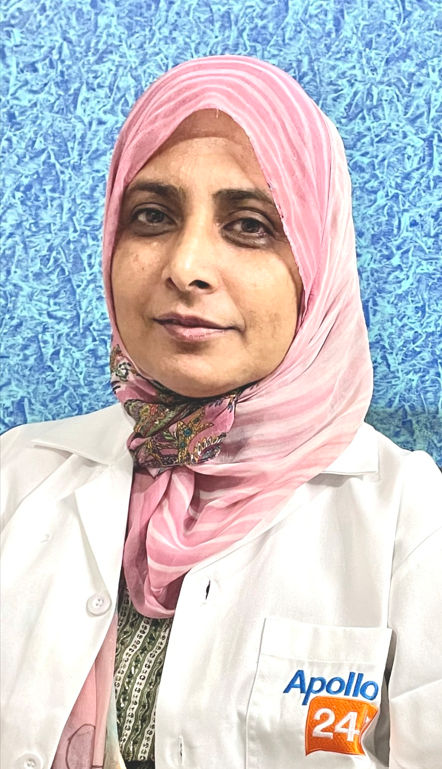
Dr Homeira Nishat
Obstetrician and Gynaecologist
34 Years • MBBS, Diploma in Obstetrics & Gynaecology
Bengaluru
Cure Hospital and Clinic, Bengaluru
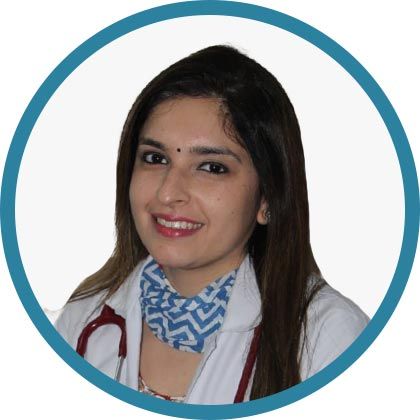
Dr. Amodita Ahuja
Obstetrician and Gynaecologist
10 Years • MBBS, DGO, DNB (Obstetrics & Gynaecology)
New Delhi
AAKASH MEDSQUARE, New Delhi
Consult Top Obstetrics and Gynaecology Surgeon

Dr. Veena H
Obstetrician and Gynaecologist
16 Years • MBBS DGO
Bangalore
Apollo 24|7 Clinic - Karnataka, Bangalore

Dr. Shailaja L
Obstetrician and Gynaecologist
16 Years • MBBS, MS
Bangalore
Apollo 24|7 Clinic - Karnataka, Bangalore

Dr. Priyanka Surisetty
Obstetrician and Gynaecologist
8 Years • MBBS, DGO
Visakhapatnam
Apollo 24|7 Clinic - Andhra Pradesh, Visakhapatnam

Dr Homeira Nishat
Obstetrician and Gynaecologist
34 Years • MBBS, Diploma in Obstetrics & Gynaecology
Bengaluru
Cure Hospital and Clinic, Bengaluru

Dr. Amodita Ahuja
Obstetrician and Gynaecologist
10 Years • MBBS, DGO, DNB (Obstetrics & Gynaecology)
New Delhi
AAKASH MEDSQUARE, New Delhi
